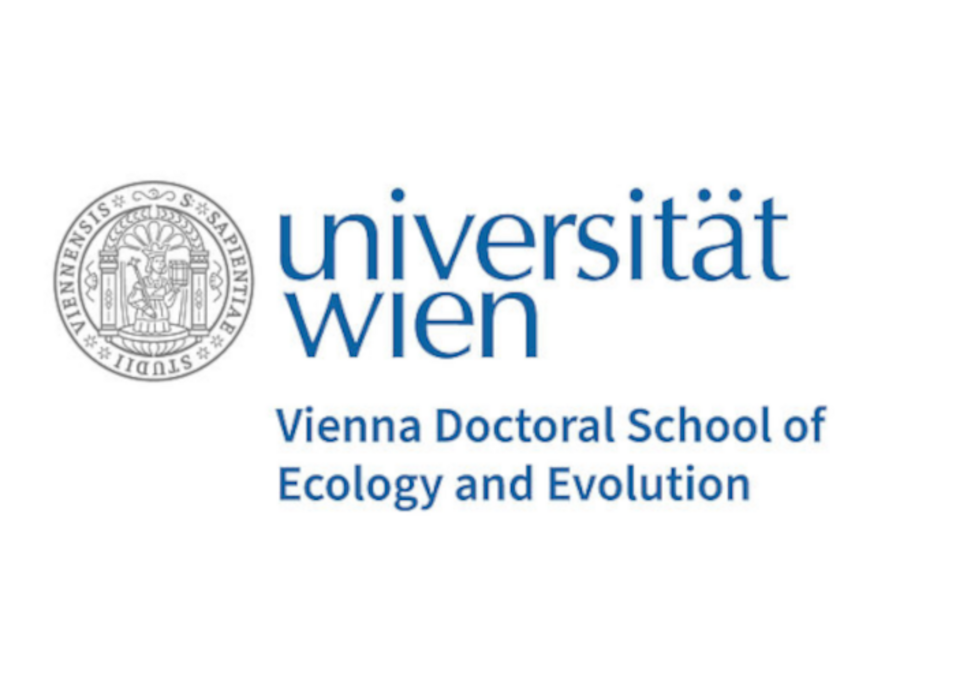Graduate students of the Vienna Doctoral School of Ecology and Evolution (VDSEE) need to present the topic of their doctoral theses in a faculty public presentation to attain approval to proceed.The public presentation is chaired by the Director or Vice-Director of VDSEE and attended by the supervisor, members of the doctoral advisory committee (TAC) and members of the PI-Panel.
On Friday, 14 June 2024 Angus Hilts introduced his PhD topic:
"Metabolic networks in Methanothermobacter marburgensis for cell factory development"
Supervisor: Simon Rittmann
Well done, Angus!
Altogether 14 PhD students will present their thesis research projects. Click here or download the full schedule.
***
What is this "Public Presentation of the PhD thesis project"?
According to the Statutes, the topic of the doctoral thesis and suprevisor(s) have to be approved by the study programme leader of the Vienna Doctoral School of Ecology and Evolution within the first year (recommendation 6 months).
The approval is based on the research proposal and the public presentation. The research exposé shall be submitted to the Executive Manager 6 weeks prior to the announced presentation date. The Exposé will then be evaluated by two members of VDSEE PI-panel, and upon approval by those and the VDSEE study programme leader the PhD candidate will be admitted to present his/her PhD topic.
The public presentation is chaired by the Dircetor or Vice-Director of VDSEE and attended by the supervisor(s), members of the doctoral advisory committee (TAC) and members of the PI-Panel.
They will provide feedback to the PhD graduate on the research project and evaluate whether the presented thesis project meets the scientific standards and further, if the presented PhD research can be realised successfully in a reasonable timeframe.
If the presentation was successful, the topic and supervisor(s) get approved by the study programme leader. In case an individual PhD topic is not approved by the study programme leader based on the evaluations of Exposé and performance at the public presentation, the PhD graduate will have the possibility to recall his/her application, adapt the research proposal and reapply for the approval of his/her thesis at the next public presentation.
Therefore, the public presentation serves several purposes:
- according to the statutes of the University of Vienna, the successful public persentation is the final approval of the doctoral thesis project and supervisor(s)
- the new doctoral candidate can present his/her research to a wider audience;
- the public presentation offers all attendants a platform for feedbacks, exchange and networking.

